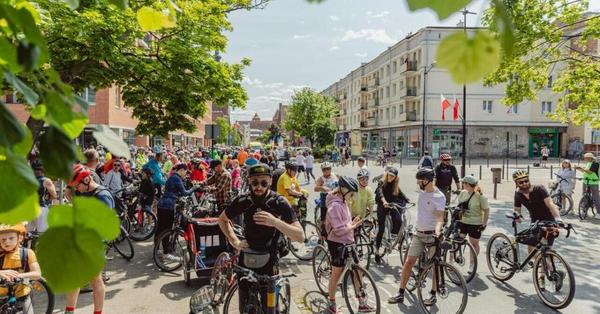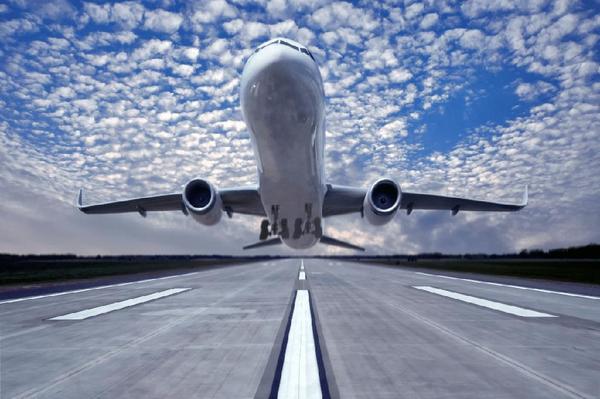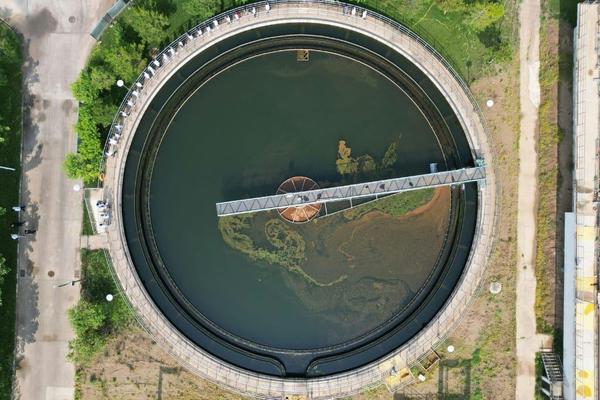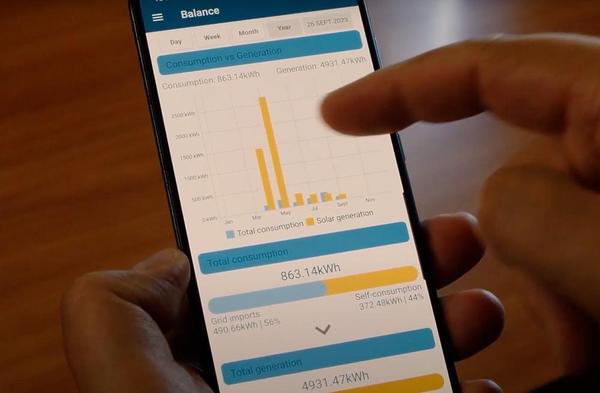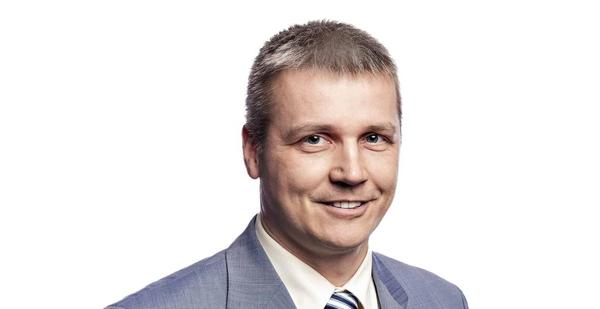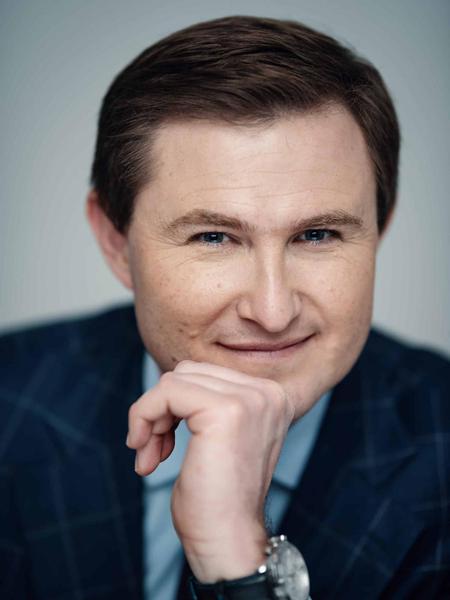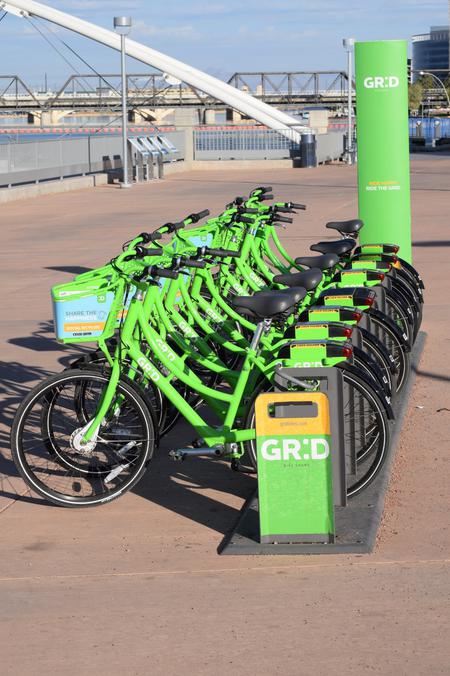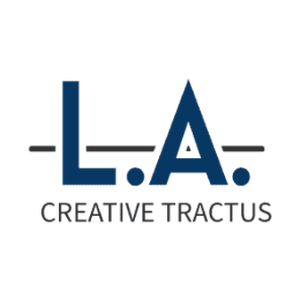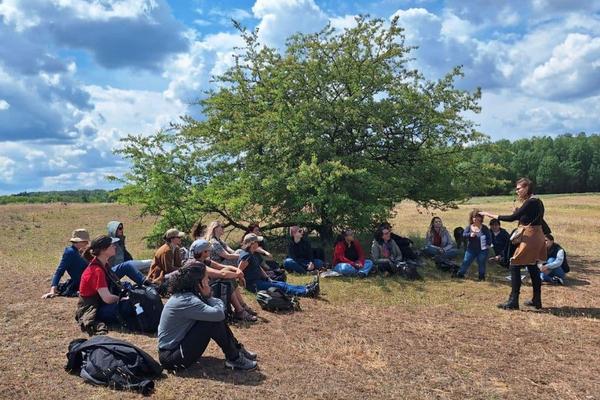
A Local Approach to Reversing Biodiversity Loss in Europe
Collaboration among researchers, policymakers, and civil society is needed to reverse biodiversity loss in Europe and create a nature-positive future for the continent. The European Union-funded project BIOTraCes employs an innovative approach to the problem, focussing on tackling the root causes of biodiversity loss, emphasizing equity and justice for both people and the planet.
